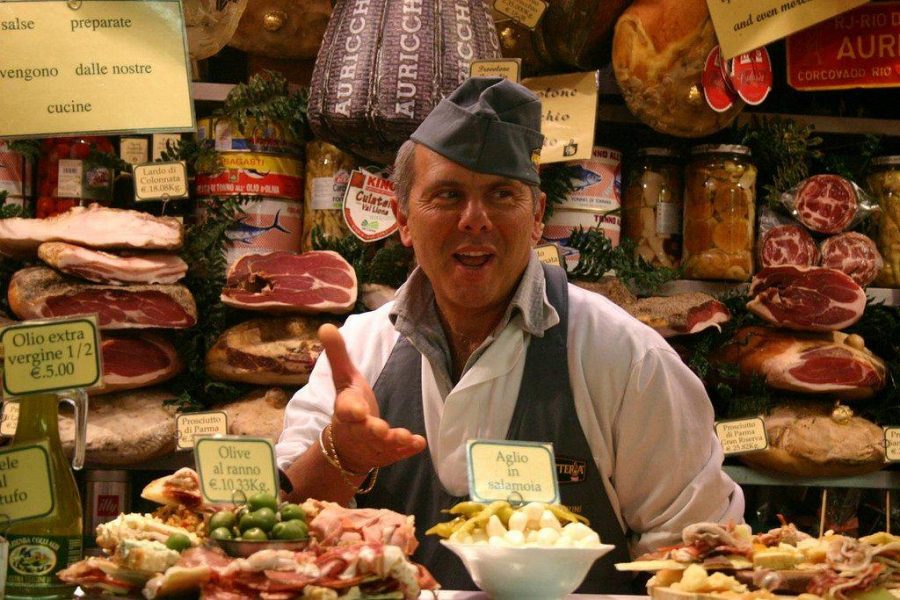Whether it’s the result of lower earnings for recent college grads, a desire to disassociate from impersonal aspects of the digital age or a rejection of the lifestyle the boomers forced upon us, one thing is clear — vocations previously deemed antiquated like butchers, bakers and cobblers have seen an enormous increase in interest and growth in the past few years. This push from the need to be a “company man” to creatively inspired servers of men has faced harsh criticisms, but its positive affects on modern society have managed to change the minds of corporate nay-sayers.
A walk through the downtown area of any major American city reveals how this transformation has changed the landscape. Where there used to be strip malls containing a slew of different chain-businesses, there are now boutiques, cheese shops and bakeries owned and operated by the very designers and creators of the products being sold.
This revival of old-fashioned jobs and the products they produce comes with a level of quality control that our grandparents would argue ended in the “good ol’ days.” Perhaps the cause for such a rebound can be accredited to society’s disdain for mass produced, generic, cookie-cutter products and services. While this might have played a role in the origin of this resurgence, its future sustainability will most certainly be the product of newfound necessity.
The counterculture’s disregard of “working for the man” has motivated enough of our peers to forgo traditional career fields and often even college for a chance to replace the secure but monotonous “nine to five” job with a pursuit in eclectic, skilled handicrafts. One of the increasingly popular fields among them is the barber business. Many commercial salons like Supercuts have been replaced by full service barber shops where the barbers provide an old fashioned approach complete with a hot towel and straight razor shave.
The business of making and selling food has probably felt this disruption in infrastructure the most. Butcher shops, cheese stores and bakeries that provide hand made, high quality products are popping up everywhere with the help of highly motivated owners and employees eager to master these timeless crafts. Remember those hipsters that moved to Portland to become cheesemongers? Well, it appears that dropping out of art school might have been a good idea after all.
This reemergence of under-appreciated pursuits has proven so far to have positive effects on the local economies that endorse these businesses and has employed those who would otherwise do unfulfilling work. But, it has also changed the way that my generation views the nature of the service industry itself and especially those who make a living working in it. With this renewed standard of quality in labor comes an immense appreciation for those passionate enough to carve their way into these commercially dominated industries. Skepticism from the public is to be expected, but a look past frivolous claims like “farm to table,” or “organically sourced napkins” will reveal masters of their crafts and they should be treated as such.


